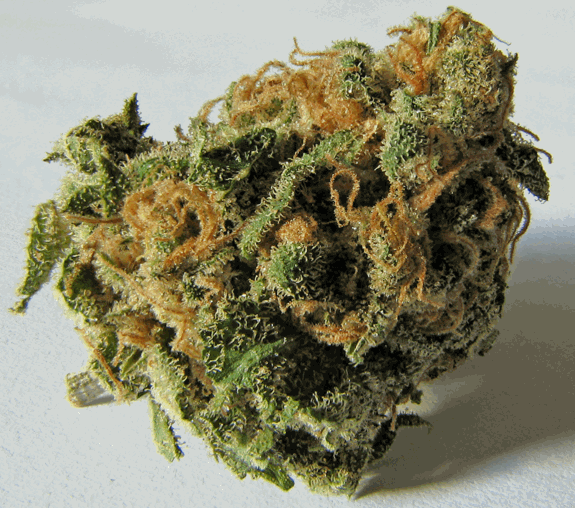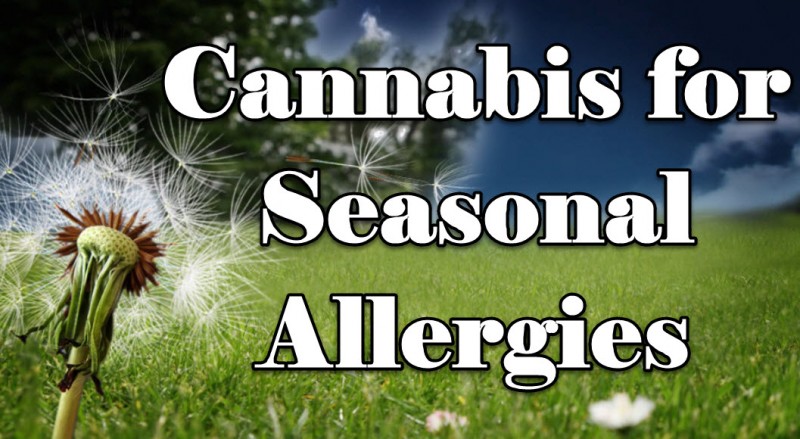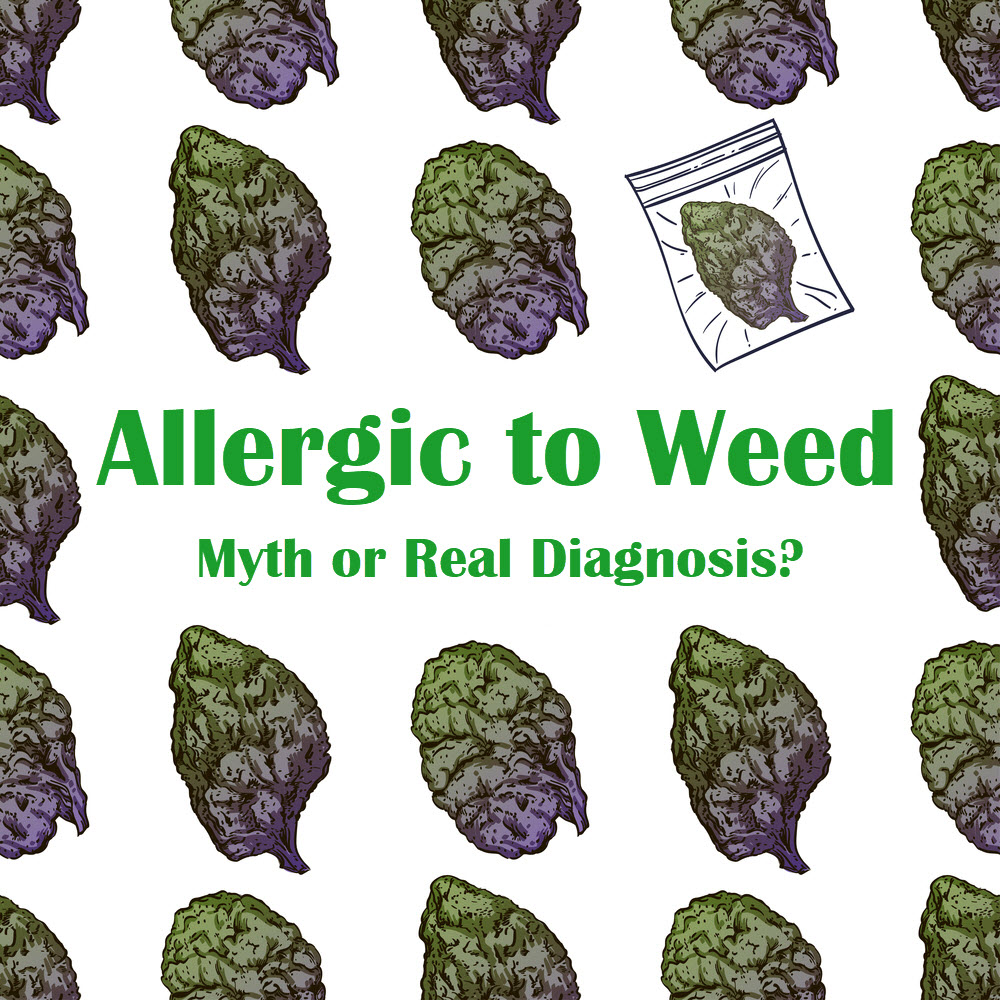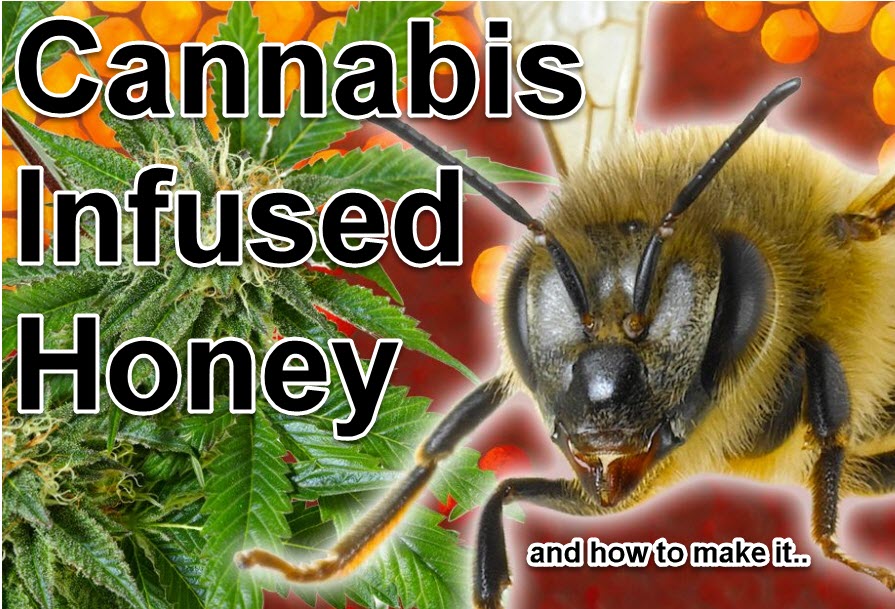Cannabis For Seasonal Allergies
How Marijuana Can Help With Spring Weed and Pollen Allergies from CannabisNet on Vimeo.
The changing of the seasons can be fun, but not if you’re prone to seasonal allergies. Certain times of the year, spring and fall in particular, tend to bring along allergens that cause irritating sneezes, coughs, contact dermatitis (skin allergies), itchy eyes, and a runny nose. For some people, seasonal allergies go away on its own after a few days but for others it can be quite a nuisance, with symptoms lasting for several weeks or even the entire season as long as they are exposed to the allergens.
Pollen, grass, and mold are the most common allergens that trigger allergic reactions. The severity and timing of allergies are different based on location, and there are also other climate factors that influence how bad your allergic reactions are, such as temperature, rainfall, wind, humidity, and more. Also referred to as allergic rhinitis or hay fever, the symptoms of seasonal allergies occur due to an inflammation or swelling in the mucous membrane of the nose when exposed to allergens.
The most common medication for seasonal allergies is antihistamines, which can be purchased over the counter. There are many types of antihistamines in the market, although several of them come with unwanted side effects including drowsiness, dizziness, dry mouth, nausea, vomiting, moodiness, restlessness, confusion, and blurred vision.
Using cannabis may be able to help you manage seasonal allergies without the unwanted side effects.

How Cannabis Can Help
A 2007 study conducted by scientists at the University of Bonn in Germany found that THC-based drugs may help reduce allergic skin reaction. Andreas Zimmer and his team created animal models without endocannabinoid receptors, who were found to be more vulnerable to developing severe skin allergies to the nickel used in the metal tags that the researchers attached to their ears. Zimmer then set up several experiments to test the anti-allergy properties of both natural and synthetic THC compounds. Their team applied 30 micrograms of synthetic THC to the mice’s ears, it showed to be effective in reducing skin irritation by as much as 50%. A cannabis joint contains as much as 150mg of THC while they used just 30 micrograms. Zimmer believes that the study’s findings proved how the THC can work to dampen the immune response to help the body prevent allergic reactions. Another interesting finding from the study was that the mice skin cells that were applied with synthetic THC released fewer cytokines, which are the chemicals that are responsible for attracting immune cells to the site of irritation.
A more recent study revealed in March 2017 in the journal Pulmonary Pharmacology and Therapeutics this time says how CBD, instead of THC, may be just as effective in treating seasonal allergies characterized by asthma and COPD. When the participants were introduced to allergens, CBD oil worked to control the behavior and production of mast cells, which are the white blood cells that go into hyperactivity once the body is exposed to an allergens and produce histamines (the part of the immune system that unleashes the classic symptoms of allergies: rashes, sneezing, coughing, itching, etc).
Since these studies show how both THC and CBD may have valuable anti-allergy properties, it makes sense that the most practical approach is to use both cannabinoids in order to enjoy the therapeutic benefits of the entourage effect. Cannabis use increases endocannabinoids in the body – the more receptors there are, the less our chances of inflammation even if we’re exposed to the very allergens that get our bodies to act up.
While the studies proving the efficacy of cannabis for seasonal allergies in particular, are very few and far in between, it comes as no surprise that cannabis can treat and prevent seasonal allergies, hay fever, and allergic rhinitis. This is because the plant is well-known for its anti-inflammatory properties; both THC and CBD in particular. However, the way they both work in the body differ but they both decrease the release and production of pro-inflammatory cytokines while also decreasing the activation of LPS-induced STAT1 transcription factor, which plays a key role in certain inflammatory-promoting processes. Additionally, CBD also supports the concentration of endogenous cannabinoids that helps the body heal itself while staving off disease.
OTHER STORIES YOU MAY ENJOY...
ALLERGIC TO CANNABIS, READ THIS, CLICK HERE.
OR..
ALLERGIC TO WEED, REAL OR MYTH, CLICK HERE.








